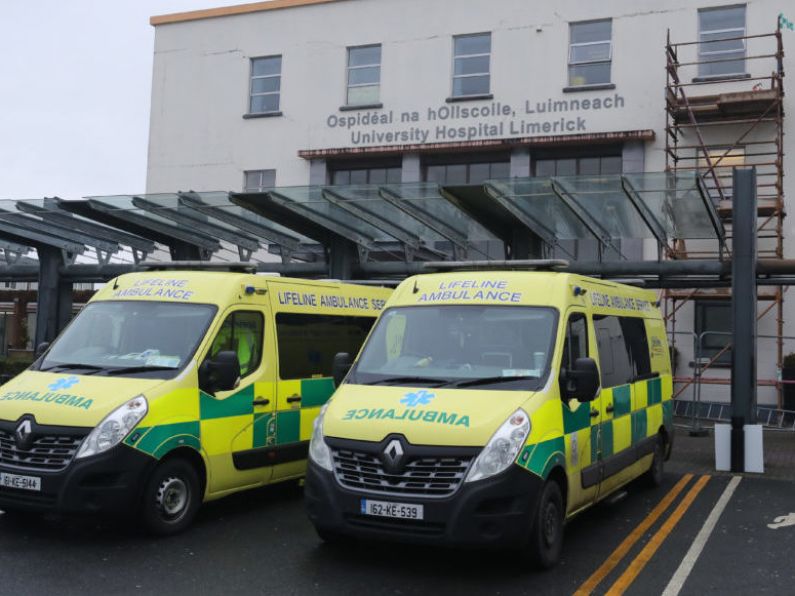Consultants at the midwest’s main hospital have written to the chief executive of the UL Hospitals Group calling for the end for the "current intolerable situation for patients and staff" at University Hospital Limerick (UHL).
In a letter to Colette Cowan, 11 consultants working at UHL have expressed their "deep concern" over patient safety at the hospital.
They have also stated that junior doctors at the hospital are being put under "inordinate pressure" in order to maintain acceptable clinical standards at the hospital.
In their letter, the consultants state: "It is clear that confidence in management structures in the hospital has been severely eroded over the past six to eight months, and such confidence we believe is at an all-time low."
They added: "We believe that strenuous efforts are needed to be made to restore such confidence by engaging properly with senior clinicians and junior doctors alike."
The consultants said the letter was written out of concern for care and welfare of patients, as well as the hospital’s reputation, which they believe is "increasingly being held up as an example of poor organisational practice in our national health service".
The consultants have called for the non-Covid pathway at UHL to be stopped immediately and for the hospital to revert to normal pathways through the Emergency Department (ED).
This would mean patients who present at the hospital are assessed in the ED before being referred to the appropriate speciality.
'Inherent dangers'
The letter refers to further correspondence from junior doctors, which it says explicitly highlights “inherent dangers” in the current system.
In a letter to independent TD for Clare, Michael McNamara, Minister for Health Stephen Donnelly said "significant investment has been made in UHL, including on providing more beds".
However, the Minister acknowledge that capacity remains an issue, adding the department is "committed to further investment".
In April, Mr Donnelly asked the HSE to send an expert team to UHL to review the day-to-day functioning of the hospital and identify what is required locally, regionally, and nationally to support the sustained improvement of the hospital's ED.
Mr Donnelly told Mr McNamara: "Separately, the hospital management has commissioned an external review by Deloitte to advise on unscheduled care and patient flow in the hospital."
In response a recent highly critical report by the Health Information and Quality Authority (Hiqa) of the hospital’s ED, UHL said a redeployment of staff to the ED and triage, and ongoing focus of patient transfers to the region's other hospitals (Ennis, Nenagh and St John's) were among the short-term measures being taken.
Record attendances
UHL added the scale of the challenge faced by the ED "must not be underestimated".
It highlighted that in 2021, UHL's ED saw a record 76,473 attendances, an increase of 17 per cent on 2020 figures.
The hospital's management said in the first four months of this year, the ED has seen a further 26,548 attendances, an increase of 20 per cent on the corresponding period for 2021.
In addition, the number of over 75s attending the ED has risen by an even greater proportion.
"We apologise to all patients for the long waits and poor care environment being experienced in our Emergency Department," a spokesperson for the hospital said.
"This also adversely impacts on staff and it is encouraging to see the professionalism and kindness of staff, in the words of our patients, acknowledged in the Hiqa report."






